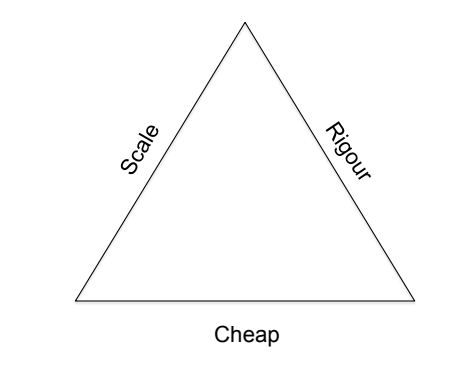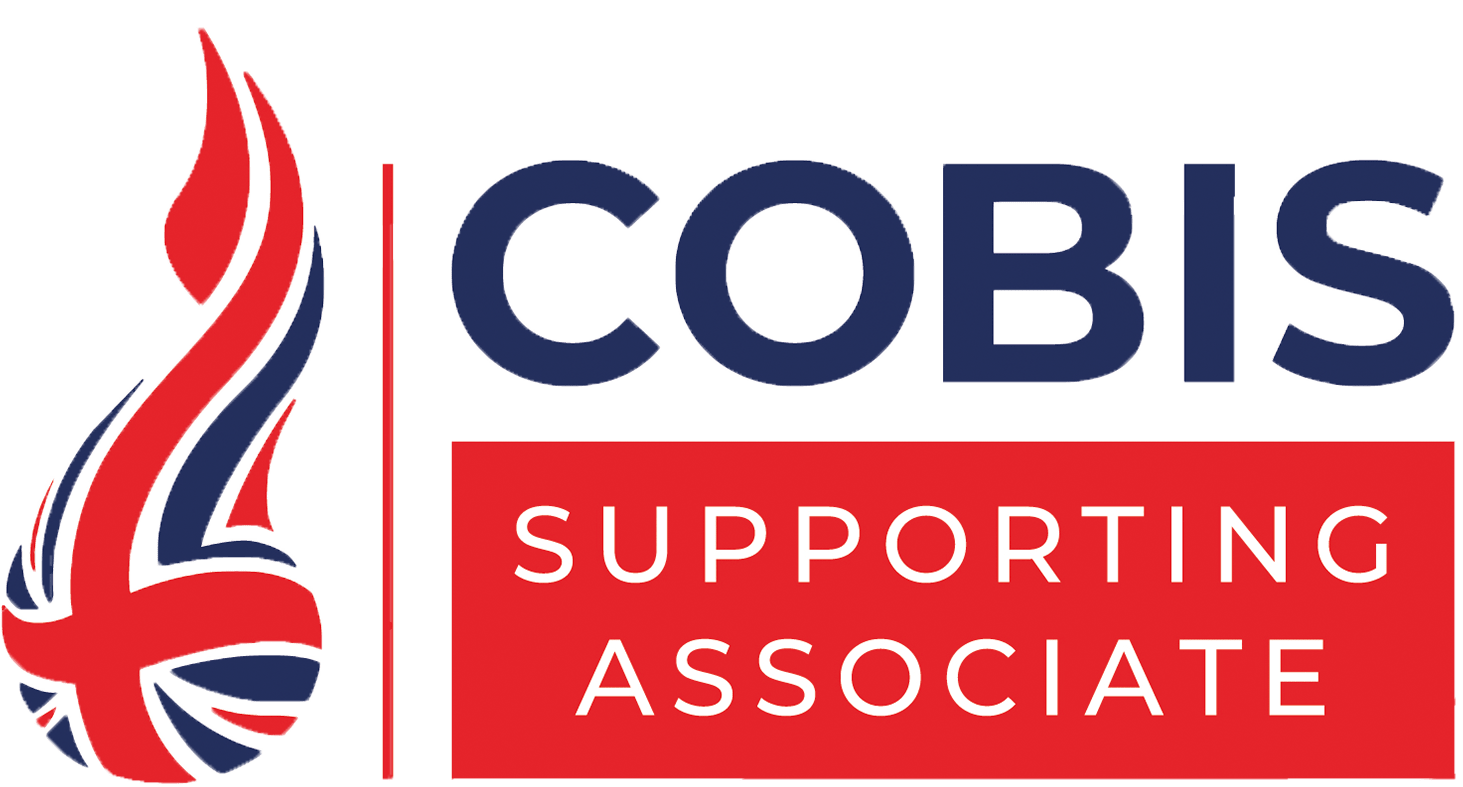Back in late 2014, I got a call from my good friend Stuart Kime. He asked me if I fancied taking a break from preparations for my upcoming university finals, and instead heading for a coffee in a Newcastle suburb. That was the day he approached me with his idea and vision for Evidence Based Education, and the day he asked me to help him make it happen.
At the time, I was honoured, daunted, excited, and everything in between. For one, the mission was indisputably compelling: helping improve the quality of education for thousands of children, worldwide. Who could argue with that purpose?
Secondly, I had experienced first-hand how hard teaching could be at times, working in a school in the west end of Newcastle during my final year of study. But I had also seen the side that attracts so many to the profession in the first place – that lightbulb moment when a student grasps a tricky concept they’ve been wrestling with for weeks. I found the idea of helping engage teachers in a more professionalised and purposeful way, to do more with less, incredibly worthy.
Finally, and most simplistically, I really love learning. Always have, always will. I was a curious child, and I’m often reminded of one particular moment. Sat on a swing on holiday in Cornwall, looking out to sea, a three-year-old me turned to my parents and posed: “What’s under the sea? And what’s under my skin?” Nothing changes, really…
So where does all this fit in now, then?
Well, we’re soon to be an organisation of ten bright, inquisitive and pragmatic minds, and we’re about to move into a new home in the New Year. (We can’t wait to welcome you when you’re passing the north-east!) This is hard to have even imagined, when Stuart and I were working in his spare room on a table we got for free off Gumtree two years ago. Like me on that sunny Cornwall day, we’re also just over three years old ourselves now, and I’d like to think we’re asking those same sorts of questions I was asking of my parents back then.
I mean this metaphorically, of course, but the comparison is interesting. For all my mum and dad could say some things about what was under the sea or my skin, they themselves realised they didn’t know an awful lot about what they didn’t know. (I didn’t know the word metacognition at three…!)
These are the same things we do much of in our work at Evidence Based Education. We question existing knowledge and practice, rather than simply assuming that what we’ve been doing for decades is the best thing to be doing now too. We look at the evidence, we consider the pragmatics, and we work within those parameters to help improve the system.
The scale-up triangle
One such example sticks out incredibly clearly. When we held our first Assessment Lead Training Residential course in August 2017, we invited Professor Jonathan Sharples to talk to our delegates about his vision for an evidence-based education system. (You can listen to this fascinating talk on our podcast by clicking here – it’s still in our top three most-listened-to episodes.)
 Jonathan talked (at about 53:00 in the podcast) of a triangle of CPD, which he termed the ‘scale-up challenge’ for evidence-based training and support programmes. The sides of this triangle represent scale, rigour and ‘cheapness’. He argued that we can only ever pick two of these, and it’s often even difficult to get two of them. I had a chat with Jonathan after the talk, and challenged him on this. I asked: why can’t we achieve all three? Can education – whose focus is to facilitate learning – not do better than “just one or two of them”? And can we not do better than that for education?
Jonathan talked (at about 53:00 in the podcast) of a triangle of CPD, which he termed the ‘scale-up challenge’ for evidence-based training and support programmes. The sides of this triangle represent scale, rigour and ‘cheapness’. He argued that we can only ever pick two of these, and it’s often even difficult to get two of them. I had a chat with Jonathan after the talk, and challenged him on this. I asked: why can’t we achieve all three? Can education – whose focus is to facilitate learning – not do better than “just one or two of them”? And can we not do better than that for education?
Some might say I’m naïve in thinking this way, but I will go back to what I wrote before about questioning existing knowledge and practices. It’s not healthy simply to assume that what we do is right, because it’s been that way for as long as we can remember.
Shifting mindsets
The biggest thing we need to shift in education is a mindset. We need to develop a way of doing things that takes us out of our comfort zones, stretches us, but ultimately continues to make us better as teachers, school leaders and educators. This sort of an environment is what we try to create for our pupils, so is it not counter-intuitive that, for many teachers, this is the opposite of our ‘learning’ experience?
Developing that sense of professional challenge means sometimes accepting that there might be a better way. That is undeniably hard, in a world where we all have egos and reputations to protect. But it can only be good for our pupils and their outcomes. Let’s face it, that’s what we are here in education for.
CPD stands for Continuing Professional Development. That, by its very nature, means it is continuing – sustained over time. This isn’t something most schools are accustomed to; nor is it something they’re particularly set up to do. But that needs to change.
When Jonathan referred to that scale-up triangle, what I think he was basing it on was the INSET model, where an expert comes in and ‘sorts out’ assessment, for example, in a day.
First off, that is simply impossible to achieve. According to all the evidence on teacher professional development, that day is likely to have no impact on practice back in the real world. We wouldn’t take a group of year 9 maths students and do a day on algebra, then expect them to have it sussed. So why should we expect that of ourselves?
INSET sessions do have a place, but, as the title of this blog reads, education can do better.
A new way of thinking
The focus of our work is not to meet all three sides of Professor Sharples’ triangle – that would seem a fruitless endeavour. Rather, we focus on solving real problems in the education system, based on the best available evidence. We believe – as do others, in schools just like yours, worldwide – that we are leading a new way of thinking about effective and truly continuing professional development in schools.
This currently manifests itself in our Assessment Lead Programme, which has recently been named a BETT award finalist in the category “Whole-school aids for teaching, learning and assessment”. ALP is just the start of things to come, but it directly speaks to not one, not two, but all three of Jonathan’s sides:
- It is incredibly rigorous. Read this blog post to see just how robustly ALP is founded in evidence – not just on assessment, but also in the way the programme is structured to foster teacher professional development and to change practice.
- It is built to be scalable. The programme builds towards participants creating an evidence-based school assessment system. We support and guide teachers to enact whole-school change in a sustained and sustainable way.
- It is cheap. ALP costs £1,200 for a year for a school. You may say, well, £1,200 isn’t cheap. On face value, perhaps it isn’t, but let’s compare it to just one day of in-house training on assessment – in terms of cost, but also in terms of value and long-term impact on practice.
| Assessment Lead Programme | One in-service training day on assessment |
| £1,200, no travel, no cover, no lessons missed | From £1,000 for the training day, plus travel costs (c. £500 in London, on average), plus cover costs for any staff who miss classes, plus the intangible opportunity costs of those missed teaching opportunities. Let’s be conservative, assuming no lessons were missed, and say £1,500 |
| Two participants do the full programme, but whole staff can access a two-hour introductory webinar, to spread awareness, increase colleague support, and help drive change | Often for whole body of staff |
| Evidence-based best-practice CPD | Not CPD |
| 50+ hours’ sustained professional learning, with practice opportunities throughout the year | 6 hours’ training, with few or no practice opportunities |
| Relevant, thorough and context-based – you bring your subject- and class-specific context to bear throughout | Can only achieve shallow coverage of a huge content area, and is often subject-generic |
| Clear guidance to create an action plan, including support throughout | Often no discernible action or change in practice as a result |
How does this mode of professional learning sit with teachers?
In-person training sessions and INSET do have a place, but are not sufficient in themselves. Education can do better than that. That has to come from both professional development providers, who must stop taking the easy option, and also from schools themselves, who have to be brave and lead the charge.
The good news is, it is already happening elsewhere. The acid test is not what we at EBE think, though – it’s how busy teachers and school leaders engage with it.
This is excellent training – we are a Junior School and it is supporting our work perfectly.
⬇️ https://t.co/Ueg9wgLXSU— Steve Mills (@millsyblue) November 7, 2018
The Assessment Lead Programme is ‘the antithesis’ of poor CPD – I’d definitely agree with that – says @ProfKime and schools with @CharteredColl members can claim a discount.
— Lisa Pettifer (@Lisa7Pettifer) November 8, 2018
Lovely to see four of my colleagues out at lunchtime yesterday working on the assessment lead course. Already starting to have an impact on their practice and making our school better. @EvidenceInEdu #LankyLearning pic.twitter.com/HXb2kGYbkq
— thom gething (@thomgething) October 18, 2018
I won’t take anything away from my colleagues here – our team of trainers and presenters is really great to work with – but when we get asked, for example, whether Stuart can lead a whole-staff INSET session, we are totally upfront about saying, “Yes, we can do, but it is not the best way in which you can spend that chunk of your budget.”
It isn’t the table above which gives us the confidence to say this. Rather, it’s feedback like these tweets – real, contextual, and from people who are working where it really matters. It’s great to know that we are helping them to make more of a difference than they otherwise could.
I’m not for one minute saying we’ve cracked professional learning. We’re always seeking to learn and improve in everything we do. We haven’t even scratched the surface yet in terms of the number of teachers we’ve worked with and, indirectly, the number of pupils we can impact. But what is becoming increasingly clear is that education can, and should, do better.





